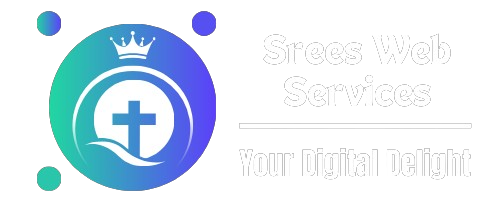Introduction


A Content Management System (CMS) is a software platform that enables users to create, manage, and modify digital content without requiring extensive technical knowledge. CMSs are essential in web design, allowing businesses to maintain dynamic and up-to-date websites with ease.
Popular CMS Platforms

WordPress
WordPress is the most widely used CMS, powering over 40% of websites on the internet. It offers a vast range of plugins and themes, making it highly customizable and versatile for various types of websites.
WIX
WIX is a popular website builder known for its drag-and-drop interface, making it user-friendly for beginners. It provides a range of templates and apps, enabling users to build visually appealing websites quickly.
Other Platforms
Other notable CMS platforms include Joomla, Drupal, and Squarespace. Joomla and Drupal offer robust features and customization options suitable for more complex websites, while Squarespace is known for its sleek design templates and ease of use.
Benefits


Ease of Use
CMS platforms are designed to be user-friendly, allowing non-technical users to create and manage website content efficiently. This ease of use ensures that businesses can keep their websites current without relying on web developers for every update.
Flexibility
CMSs provide a high degree of flexibility, enabling users to add new functionalities through plugins or modules. This adaptability ensures that websites can grow and evolve with the business’s needs.
SEO-Friendliness
Many CMS platforms come with built-in SEO tools or support SEO plugins that help optimize websites for search engines. Features like meta tags, sitemaps, and SEO-friendly URLs are easily manageable within a CMS, improving a site’s visibility in search engine results.
Tips

Choosing the Right CMS for Your Business
- Assess Your Needs: Determine the specific requirements of your website, such as e-commerce capabilities, blog features, or multimedia support.
- Evaluate Ease of Use: Consider the technical expertise of the users who will manage the site.
- Check Customization Options: Ensure the CMS offers the flexibility to add desired functionalities and design customizations.
- Review SEO Features: Look for a CMS with robust SEO tools to help improve your site’s search engine ranking.
- Consider Support and Community: A CMS with a large user community and robust support options can provide valuable assistance and resources.
Conclusion

Content Management Systems play a vital role in modern web design by making it easier to create, manage, and optimize websites. Platforms like WordPress, WIX, and others offer various benefits, including ease of use, flexibility, and SEO-friendliness. By carefully choosing the right CMS for your business needs, you can create a dynamic and effective online presence.
Start exploring CMS options today to enhance your website’s functionality and performance!








